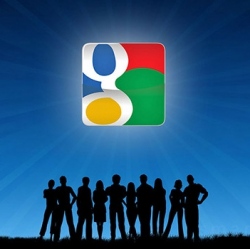
A new survey from the American Assembly, a research center at Columbia University, provides new insights about public opinion on file sharing and copyright enforcement. With support from Google, researchers Joe Karaganis and Lennart Renkema commissioned a public opinion survey to find out how consumers were getting their media and what their attitudes were toward a variety of copyright enforcement strategies.
Among the most significant findings: Americans overwhelmingly oppose the use of disconnection and rate-limiting as penalties for unauthorized file sharing. Also, the survey suggests users of peer-to-peer file-sharing software buy 30 percent more music than those who do not use peer-to-peer software.
The distinction between public and private sharing is central to Americans’ thinking about the morality of file sharing. Eight in 10 Americans believe that it’s OK to share copyrighted content with family members, and six in 10 extend the same logic to friends. But only a small minority of Americans—between four and 15 percent—say it’s reasonable to upload copyrighted content for public consumption, post links to pirated content on Facebook, or sell unauthorized copies of copyrighted materials.
Unsurprisingly, young people tend to be friendlier to copying than older Americans. For example, 76 percent of Americans under 30 say it’s reasonable to share content with friends, while only 51 percent of those over 65 think so. Only 13 percent of American Internet users use peer-to-peer file-sharing software overall, but 20 percent of adults under 30 do so.
While the survey was commissioned by Google, not all of the results will be to the Mountain View company’s liking. A slight majority—53 percent—of Americans believe that search engines should "be required to block links to pirated music and videos online." Only 42 percent disagreed with that statement.
